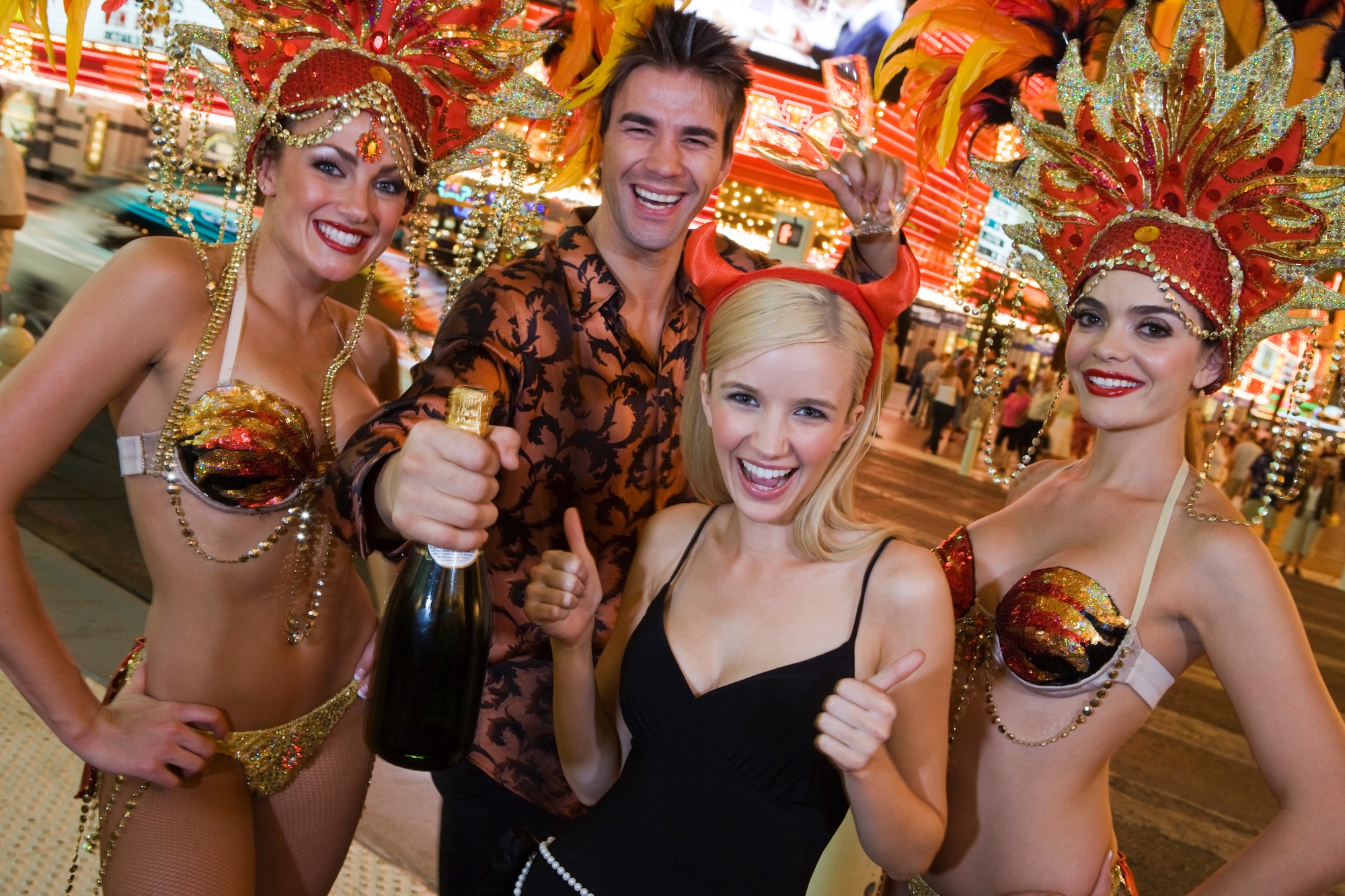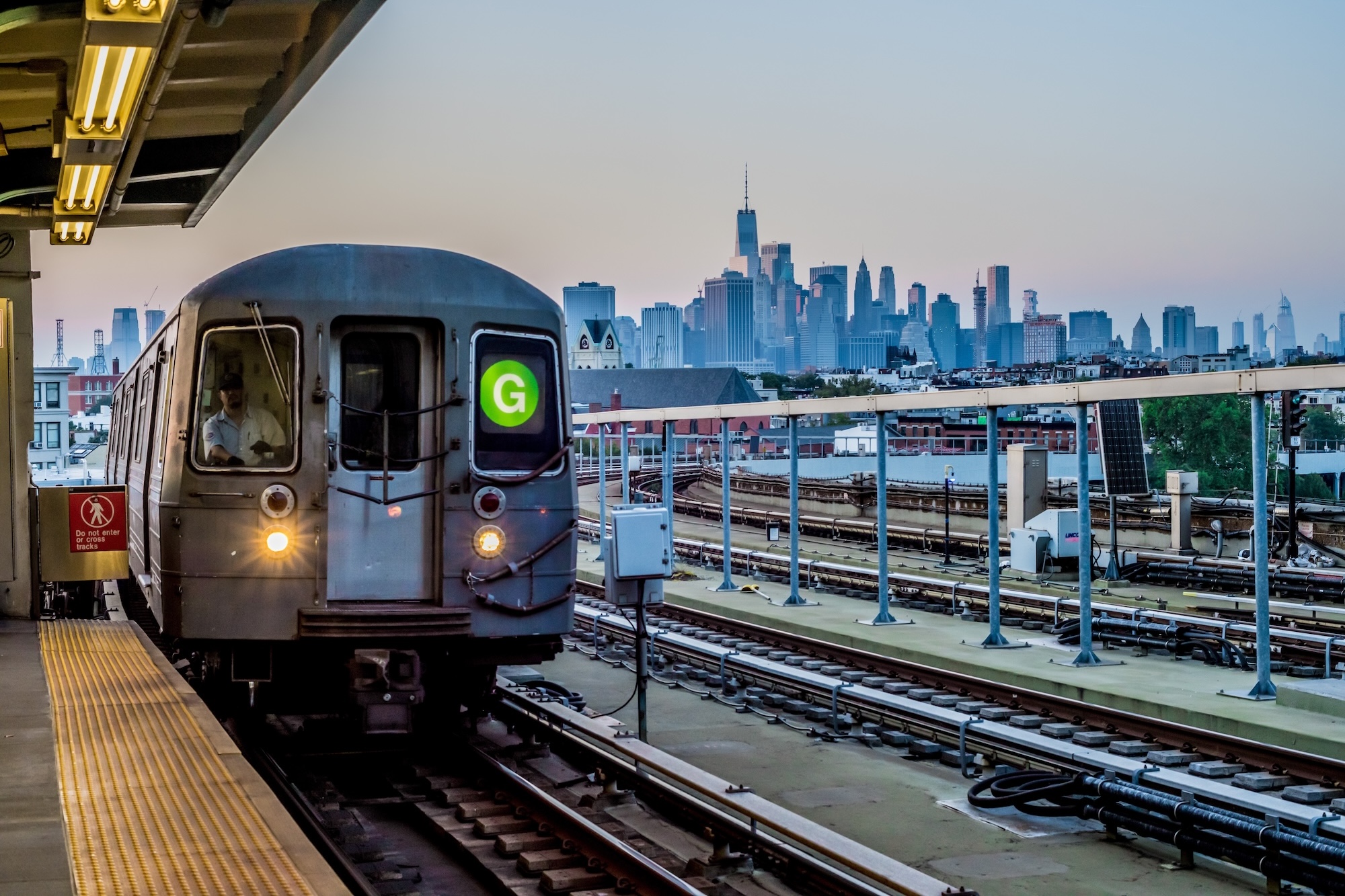15 Tourist Scams to be Aware of Before Visiting Las Vegas
Las Vegas is a popular tourist destination, but like any major city, there are some scams that visitors should be aware of to avoid being taken advantage of. Here are some common tourist scams in Las Vegas:
1. Timeshare Presentations
- How it works: You may be offered “free” tickets to shows, meals, or other attractions in exchange for attending a timeshare presentation. Once you’re there, they may try to pressure you into purchasing a timeshare or vacation package that may not be a great deal.
- How to avoid: Be cautious about any “too-good-to-be-true” offers. If it sounds suspicious, it probably is. You can always decline the offer without feeling pressured.
2. Street Performers and “Free” Photos
- How it works: Some street performers, especially those dressed in costumes or as characters, will approach you and pose for pictures. After taking the photo, they may demand a tip or money.
- How to avoid: If you don’t want a picture, simply avoid the performers or politely decline. If you do take a photo, make sure you clarify if there’s a fee beforehand.
3. Flashing Fake Winning Slot Tickets
- How it works: Scammers may show you fake slot machine tickets indicating big winnings and then offer to sell the ticket to you at a discount. The ticket is usually a scam, and you’ll end up losing the money you gave them.
- How to avoid: Only use machines within the casino and avoid dealing with anyone offering “winning tickets” outside.
4. Excessive “Service Charges”
- How it works: Some restaurants, clubs, or services may add hidden fees or service charges that aren’t clearly disclosed, especially for tourists unfamiliar with the area. This could include inflated tips or unexpected service fees on top of the menu price.
- How to avoid: Always ask about any additional fees before booking or ordering. Check the bill thoroughly and question any unexpected charges.
5. Phony “Free” Club Entry
- How it works: Promoters might approach tourists offering “free” entry to exclusive nightclubs or events, claiming to be part of a VIP list. Once you arrive, there could be hidden fees, long lines, or an increased pressure to buy expensive drinks.
- How to avoid: Look up clubs online or ask your hotel concierge for reliable recommendations. Avoid anyone offering “free” entry on the street.
6. Taxi and Ride-Share Overcharges
- How it works: Some unlicensed or rogue taxi drivers may take advantage of tourists by taking longer routes or increasing the fare. In some cases, ride-share apps may have surge pricing that isn’t obvious upfront.
- How to avoid: Stick to reputable ride-share services (Uber, Lyft) or official taxis. Always confirm the route with the driver and ask for an estimate beforehand if using a taxi.
7. Slot Machine “Tips”
- How it works: People may offer you tips on how to “win” at slot machines or other casino games in exchange for money. They’ll often say they have insider knowledge or special tricks.
- How to avoid: There is no guaranteed way to win at slot machines, and you should never pay someone for tips on gambling. Stick to your budget and gamble responsibly.
8. Free “Contests” or “Prizes”
- How it works: Scammers may approach you with a “free” contest or prize drawing. After you enter, they might claim you’ve won something, but you need to pay a fee or give personal details before collecting your prize.
- How to avoid: Always be cautious when someone asks for money or personal information in exchange for a prize. If you didn’t enter a contest, you didn’t win.
9. “Fake” Charity Donations
- How it works: Some people may approach you asking for donations to “local charities” or for causes like feeding the homeless. They may appear to be legitimate, but in reality, the funds may not be going to any cause.
- How to avoid: Don’t give money to people on the street. If you want to donate, do so through well-known organizations or reputable charity events.
10. Hotel Resort Fees
- How it works: Many hotels in Las Vegas advertise low room rates but have high mandatory resort fees, which cover amenities such as Wi-Fi, gym access, and local calls. These fees are often not disclosed upfront and are charged per night of stay.
- How to avoid: Always ask about resort fees before booking a hotel and make sure to factor them into your budget.
11. Fake Marijuana Sales
- How it works: Since marijuana is legal in Nevada, some individuals may approach tourists on the street, offering marijuana or edibles at what seems like a great price. These sellers often operate without a legitimate dispensary license. The product they sell may be fake, low-quality, or laced with dangerous substances.
- How to avoid: Only purchase marijuana from licensed dispensaries, which are regulated and can provide safe, tested products. Avoid buying from street vendors or unverified sources. Dispensaries must be at least 1,500 feet from any casinos, so legal dispensaries with legitimate marijuana will likely be a bit off The Strip or Fremont Street.
12. Casino “Free Play” Scams
- How it works: You may receive a flyer or come across an offer online for “free” casino credits or “free play” on slot machines. However, after you claim the offer, you’ll find out that there are high wagering requirements or hidden fees before you can actually cash out any winnings.
- How to avoid: Always read the fine print and avoid offers that sound too good to be true. If you’re uncertain, ask a casino representative about the terms and conditions before using the free play.
13. Fake VIP Hosts
- How it works: Some scammers may pose as VIP hosts or club promoters, offering exclusive access to shows, clubs, or private events. They may ask for a payment upfront, but once you pay, they either vanish or provide false information.
- How to avoid: Always double-check the legitimacy of anyone offering VIP access, especially if you didn’t inquire about it. Deal directly with reputable hotels, clubs, or concierges for VIP services.
14. Photographer “Tips”
- How it works: Street photographers may approach you and ask if you want to take a professional photo with the famous Las Vegas Strip or iconic landmarks in the background. After snapping the photo, they’ll demand an inflated price for the picture.
- How to avoid: Politely decline the photographer’s offer if you’re not interested, and don’t let anyone pressure you into taking a photo if you’re not willing to pay for it. If you do agree, confirm the cost upfront.
15. Rogue Hotel Room Upgrades
- How it works: Some individuals may pose as hotel employees or “concierge representatives,” offering discounted or “complimentary” room upgrades. They may ask for your credit card or cash to secure the upgrade. Once you pay, they either vanish or lead you to a substandard room, if anything at all.
- How to avoid: If you’re offered an upgrade by anyone other than official hotel staff, be cautious. Always confirm any upgrades with the front desk, and don’t pay anyone directly for room upgrades without verifying their legitimacy.
By staying aware and exercising caution, you can enjoy Las Vegas without falling victim to these common scams. Always trust your instincts and if something feels off, don’t hesitate to walk away!












